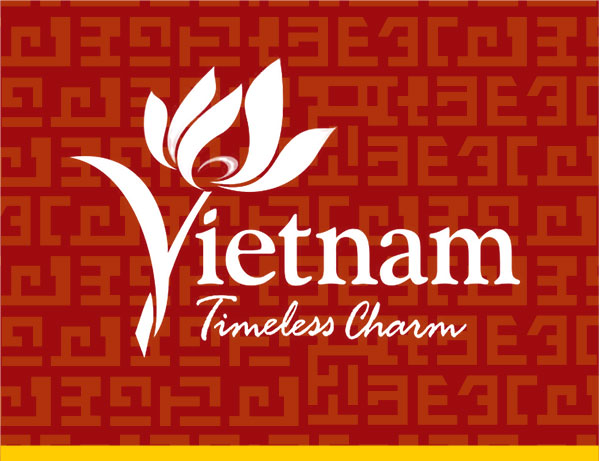Combining Confucianism with ancestor worship
The unique Lac Viet inhabitants of Vietnam had been tribal folks residing in large clans. The patriarchal clan structure, with deference toward elders and filial piety as primary virtues, was the adhesive that certain collectively a closely-knit, consanguineous community. The feudal nature of the clans harmonized with both Chinese language Confucianism and ancestor worship.
Confucianism will be summarized as a set of beliefs that, for the typical Vietnamese, creates a way of being a unit in a collective entity fairly than a distinct individual. The impact is that the will and curiosity of the group all the time takes precedence over the desires of an individual or couple. The result is a people who have no concept of privacy, or of getting one’s ‘personal space’.
Ancestor worship extended the idea of household beyond mere kinship by linking three or four dwelling generations to 2 or three generations of members of the family who had died and turn out to be spirits. A belief that good or dangerous behavior by ancestors throughout life had a constructive or negative effect upon the fortunes of the succeeding generations further prolonged the family unit.
In a practical sense, these two influences merged the interests of individuals into a communal society by which all members had been collectively responsible for the each other’s behavior, and paved the way in which for the introduction of communism into Vietnam.
The seed mattress of Communism
Communism first entered Vietnam early within the last century within the coalfields of Ha Long Bay.
The appalling workplace conditions and the brutality of the French colonialists created a fertile seedbed for radical ideas, and the theories of Marx and Lenin provided a philosophic rationale. Unlike the individuals of the U.S. and its satellites, the Vietnamese were already communalized – Marxist-Leninism was adopted as an organizing framework for revolution.
The underlying tenets of communism: an emphasis upon ends moderately than means, collective action and responsibility, self-discipline and sacrifice for the better good: all these and extra had been already part of on a regular basis life, instilled through Confucianism and, to a lesser extent, ancestor worship.
The resilient energy of Vietnamese communalism meant that communism was simply absorbed into the collective consciousness of the Vietnamese folks, and remodeled into something that fitted their current construction relatively than a car to reconstruct society.
The communalist instinct
Today, doi moi has created what appears to be a basic capitalist market financial system, so much so that a number of western commentators have, according to their political stance, either condemned or hailed what they consider to be the demise of ‘communism’ in Vietnam. In so doing, they betray an insufficient understanding of the nation’s history and culture. Aside from a disastrous flirtation with Stalinist collectivization, the ideology of communism has always taken second place to the Vietnamese communal instinct. The organizing rules of communism have served Vietnam effectively, and still do, however the goal is to achieve a communally-organized society, not a centralized monolith.
The higher group
A lot of the socialist ‘litmus check’ icons – free health, free training, subsidized food and transport, beneficiant social advantages, for example – are noticeably absent in Vietnam. Absent, however not deserted! For the Vietnamese, the ‘community’ isn’t just the here and now individuals and the Diaspora, but additionally the ancestors. For us, doi moi is principally a car to strengthen our neighborhood, to not create wealth. We notice that individuals within the west are typically willing to make sacrifices to protect the weaker members of their national and local communities, however much less so for future generations. In Vietnam, the longer term generations are a part of our prolonged households and communities. During the last century, we fought to secure a greater life for our kids, not an ideology. The privations of doi moi are for the same purpose.
